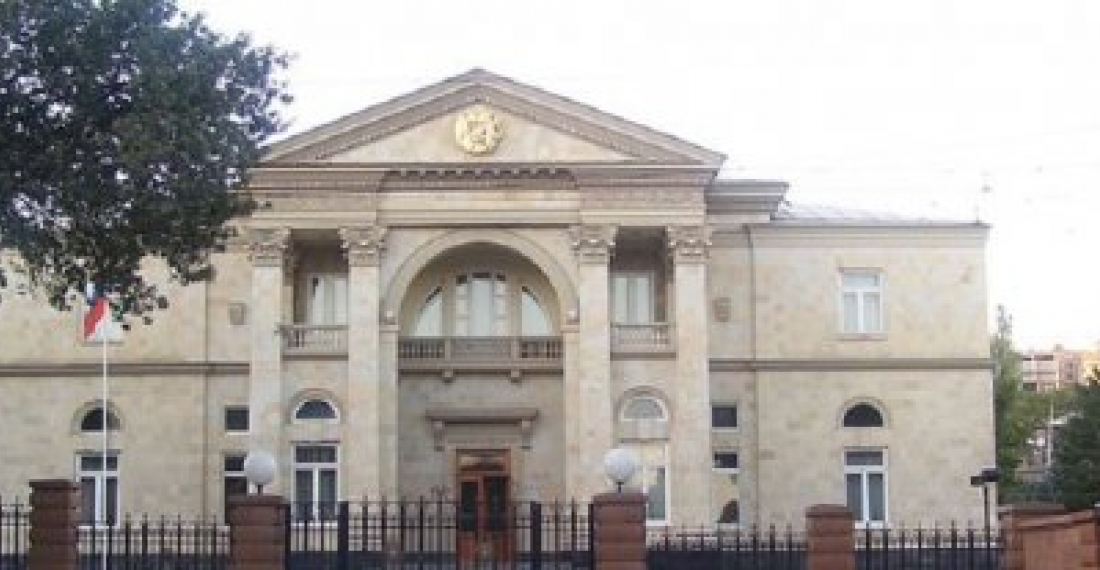In two decrees issued in Yerevan, hours before his departure for Moscow to meet President Putin, Armenian President Serzh Sargsyan has ordered a complete restructuring of the Armenian National Security Council.
In the first decree, Sargsyan dissolves the Council and instructs the Secretary of the Council and the Head of the Presidential Administration to prepare a new structure for the Council by 1 September. The second decree highlights the role of the Council "in the face of internal and external challenges" and orders the set up of its secretariat.
The changes in the National Security Council are the latest in a series of purges of personnel in the military and security sector in Armenia. The first happened immediately after the fighting in April with Azerbaijan in the Karabakh conflict zone. Many in Armenia considered that the Armenian military underperformed in the fighting and their was criticism of the government for its handling of the crisis. The second wave of personnel changes started after the end of the siege crisis in Erebuni a few days ago. Several senior police officers were dismissed from their posts.
President Sargsyan leaves later today for Moscow where he is to meet President Putin as intensive diplomatic activity continues in the region despite the hot summer months. On Sunday President Rohani of Iran visited Baku to meet President Aliev. On Monday, they were joined by Russia's President Putin. Yesterday Putin met in St Petersburg with Turkish President Recip Tayip Erdogan. For more on this diplomatic activity and its significance visit our live blog.
source: commonspace.eu
photo: The Presidential office in Armenia (archive picture)







